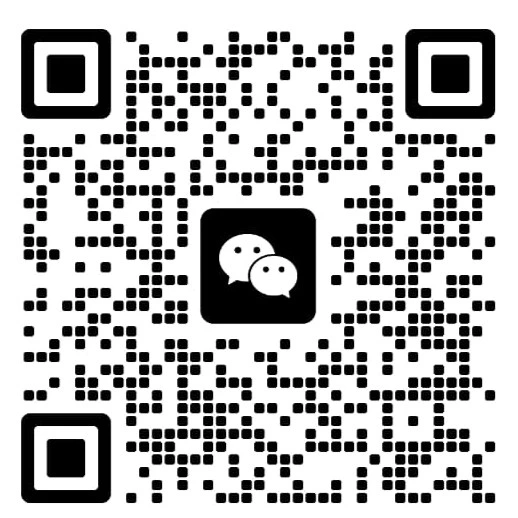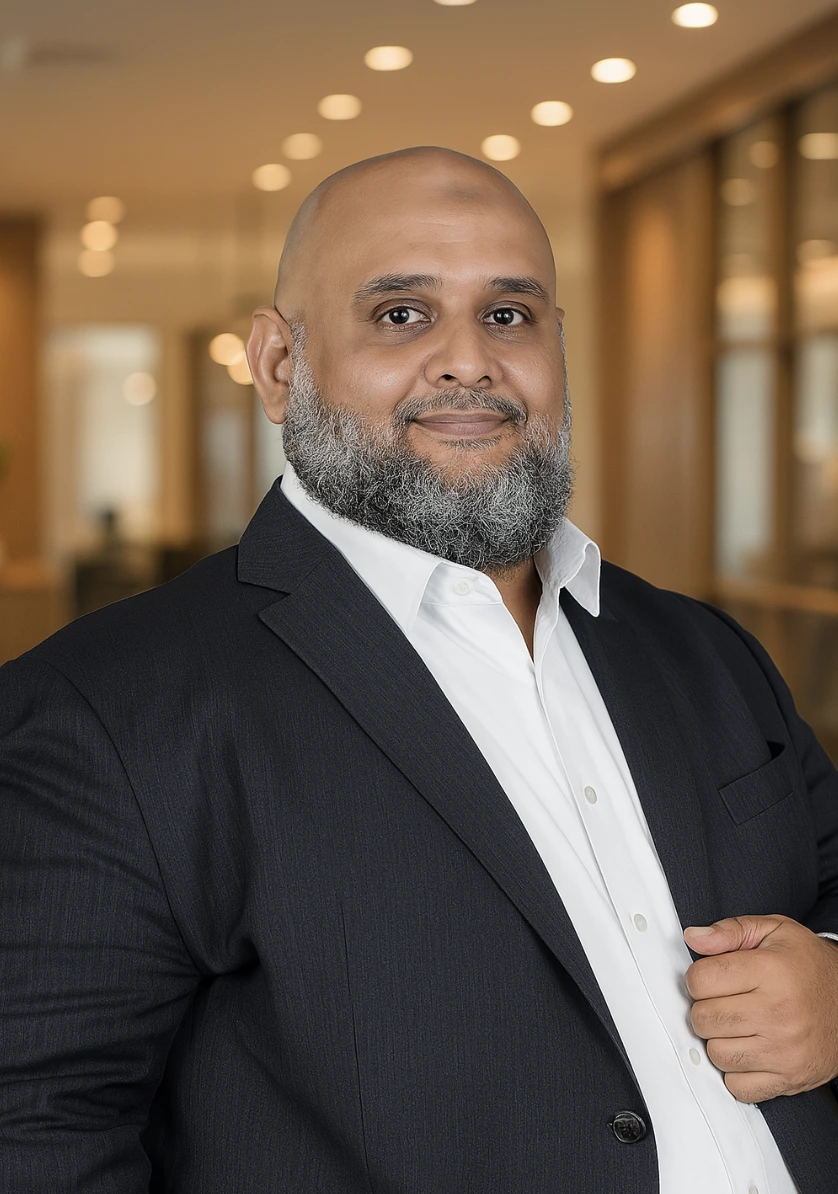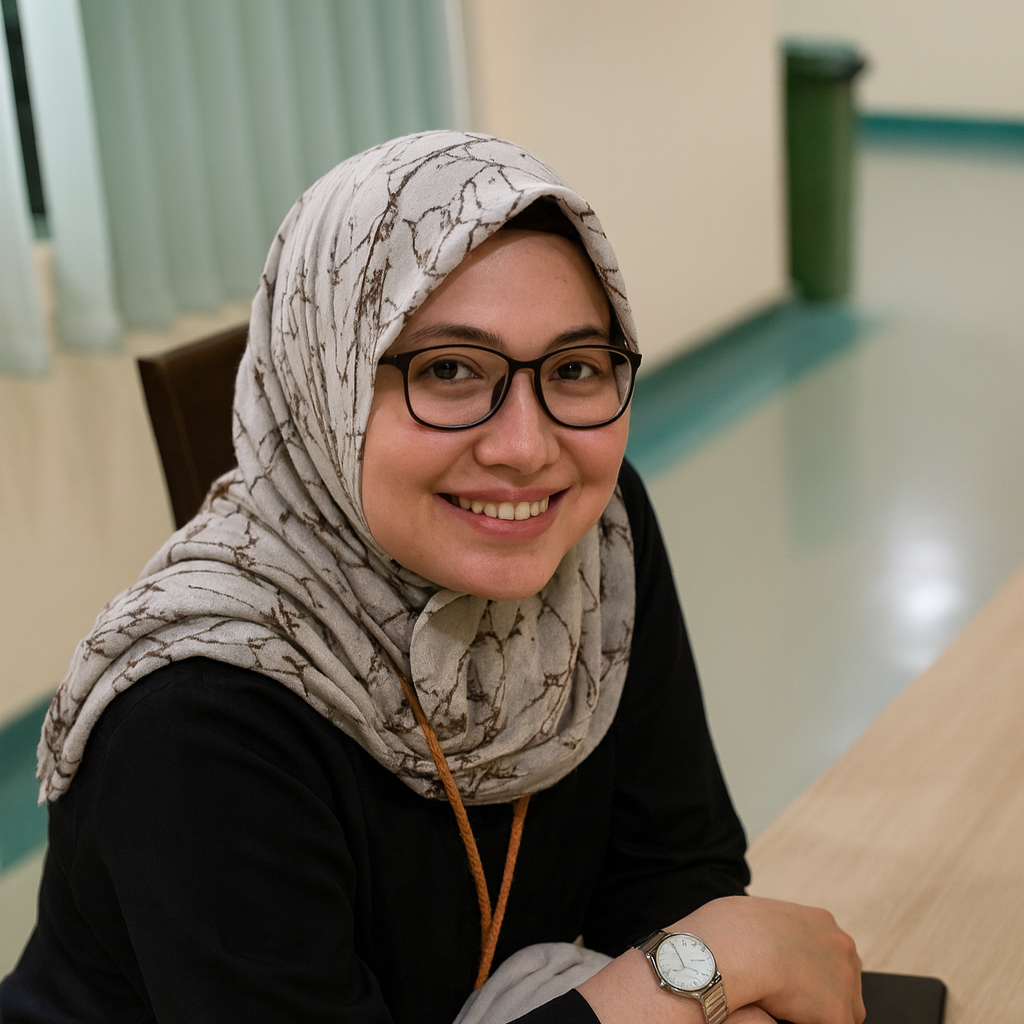For decades, the concept of Halal was confined to what we eat and drink. It guided food producers, restaurants, and consumers in maintaining purity and ethics through dietary observance.
But as Indonesia’s regulatory landscape evolved, so did the reach of Halal itself. Today, its influence spans beyond kitchens and dining tables, reaching laboratories, hospitals, and even operating rooms.
As Dr. Hussein H. Mashhour, MD, noted in his earlier thought piece “From Food to Catheters” on LinkedIn, “Halal is no longer a cultural identity — it’s a global framework for ethics, quality, and scientific integrity.” This reflection captures a powerful shift: if Halal defines what we consume, shouldn’t it also define the instruments that save lives?
The Ethical Foundation: Halal as a Universal Principle in Healthcare
At its core, Halal is not merely a religious decree but a universal code of ethics. Modern medical principles deeply align with the values embodied by safety, cleanliness, integrity, and respect for life.
The Quranic phrase “Halalan Thayyiban” emphasizes both purity (halal) and wholesomeness (thayyib). In medical terms, that translates to “safe, clean, and beneficial.” The same principles underpin global frameworks such as Good Manufacturing Practice (GMP) and ISO 13485 for medical devices.
This convergence between faith and science makes Halal certification in healthcare more than symbolic. This operational standard guarantees that products are ethically sourced, safely manufactured, and culturally appropriate for millions of Muslim patients globally.
Interestingly, non-Muslim hospitals and global manufacturers have also begun to adopt Halal standards as part of their ethical and sustainable supply chain commitments. Ultimately, Halal in healthcare is not just about religion; it also represents trust.
From Surgical Gloves to Implants: The Expanding Scope of Halal Medical Devices
Indonesia’s Law No. 33 of 2014 on Halal Product Assurance broadened the scope of halal certification. Beyond food and cosmetics, the law now mandates certification requirements for medical devices.
This development sparked a quiet revolution. For the first time, regulators, physicians, and manufacturers had to examine not just whether a device works, but what it’s made of and how it’s made.
The scope of Halal medical devices today includes:
- Surgical gloves, which may contain gelatin-based lubricants or animal-derived powders.
- Catheters, stents, and tubing, sometimes made from polymers that use animal-derived additives.
- Sutures, collagen implants, and wound dressings, often derived from bovine or porcine sources.
- Dental and orthopedic materials, which may use binders or coatings from animal origin.
This shift highlights a new form of ethical traceability: manufacturers are expected to trace every layer of their material supply chain to ensure Halal integrity. The result? A new wave of innovation around plant-based polymers, synthetic collagen, and biocompatible Halal materials.
“When a patient trusts a doctor with their body, the industry must ensure every tool in that process is pure in form and intention,” Dr. Hussein emphasized in his earlier commentary.
Indonesia’s Role as the Regulatory Frontline for Halal Healthcare
Indonesia now leads the world in integrating Halal principles into medical regulation. Through collaboration between the Ministry of Health (MoH) and the Badan Penyelenggara Jaminan Produk Halal (BPJPH), Halal certification for medical devices is gradually being enforced alongside technical registration through the MoH’s Regalkes system.
This dual-framework ensures that medical devices entering Indonesia are both technically safe and ethically compliant.
- The BPJPH manages Halal audits and certification.
- The MoH evaluates product performance, safety, and risk class.
- Both agencies coordinate digitally via the SiHalal and Regalkes portals.
Indonesia’s regulatory framework serves as a model for exporters and is being adopted by other ASEAN countries like Malaysia, Brunei, and Thailand.
In Dr. Hussein’s words, “Where Europe has its MDR and America has its FDA, Indonesia is building the global benchmark for ethical medical manufacturing.”
Challenges in Certifying Medical Devices as Halal
Transforming medical ethics into manufacturing reality is not simple. Companies face complex challenges as they integrate Halal standards into their global operations:
- Animal-Derived Components: Many medical products still rely on collagen, chitosan, or gelatin sourced from animals, making traceability critical.
- Global Supply Chain Complexity: Multiple suppliers and subcontractors make ingredient verification difficult.
- Analytical Limitations: Current lab testing methods can confirm contamination but not always differentiate between Halal and non-Halal sources.
- Cross-Jurisdictional Barriers: FDA and CE-certified devices must undergo additional documentation to satisfy BPJPH requirements.
These challenges, however, also spark innovation. Collaboration between multinational companies and Indonesia’s Halal Science Centers is leading to significant advancements in synthetic biomaterials, Halal biopolymers, and non-animal-based sutures, demonstrating how regulation can indeed drive progress.
The Rise of Halal Biotech and Material Innovation
One of the most exciting consequences of Halal integration in healthcare is the rise of Halal biotechnology. Universities and R&D institutes across Indonesia, including UI, ITB, and LPPOM-MUI, are pioneering research on:
- Halal-certified tissue engineering protocols.
- Synthetic collagen and biocompatible polymers.
- Enzyme substitutes derived from microbial or plant-based sources.
These innovations not only reduce dependency on animal-based materials but also create a new export opportunity: Halal-certified biomaterials.
In global markets like the Middle East, where healthcare procurement increasingly favors ethical sourcing, Indonesian-certified materials are gaining traction. As one Halal industry observer noted, “Halal is no longer reactive compliance — it’s becoming the frontier of biomedical innovation.”
Bridging Global Standards: When Halal Meets CE and FDA
There’s a misconception that Halal certification competes with global safety systems like CE or FDA approvals. In reality, it complements them.
- FDA/CE approvals ensure that devices are safe and effective.
- ISO 13485 guarantees manufacturing quality.
- Halal certification ensures that ethical sourcing and purity align with patient values.
Together, they form what experts like Dr. Hussein describe as the Triple Assurance Framework: safety, quality, and ethics.
As Indonesia aligns BPJPH documentation with ASEAN and WHO standards, the day may come when we see triple-compliant devices: FDA/CE/Halal approved. For global manufacturers, this represents not more regulation, but better credibility in an increasingly values-driven market.
The Convergence of Faith, Science, and Innovation
Halal medical devices reflect the evolution of healthcare itself. They merge three powerful pillars: faith-based ethics, regulatory science, and technological innovation.
For Indonesia, this movement reinforces its leadership in global Halal governance. For manufacturers, it offers a roadmap toward transparency and long-term trust.
As Dr. Hussein H. Mashhour summarized, “Halal in healthcare is not about restricting science, but it’s about redefining its purpose.”
Indeed, when faith and science converge, healthcare becomes not only safer but profoundly humane.




